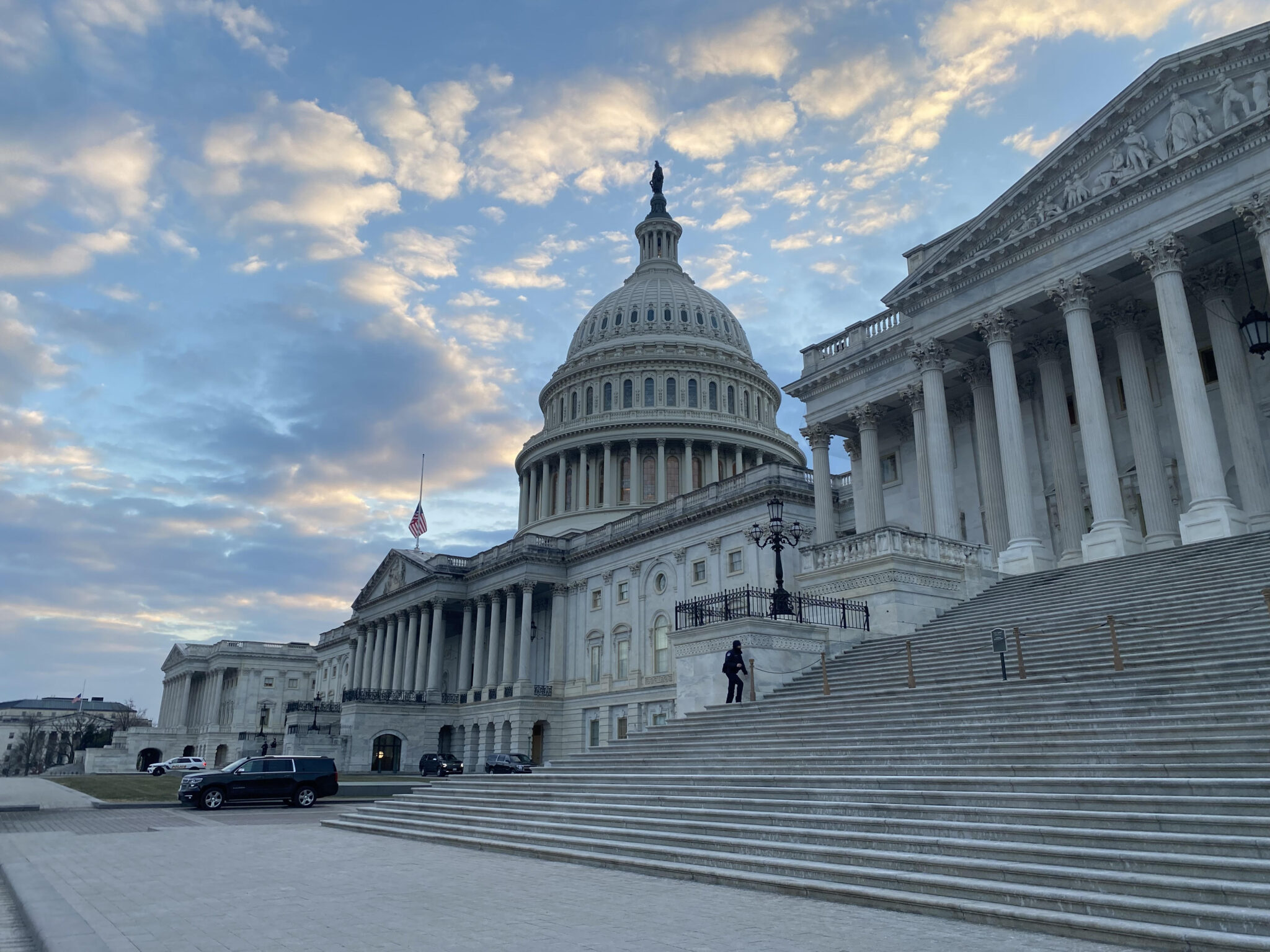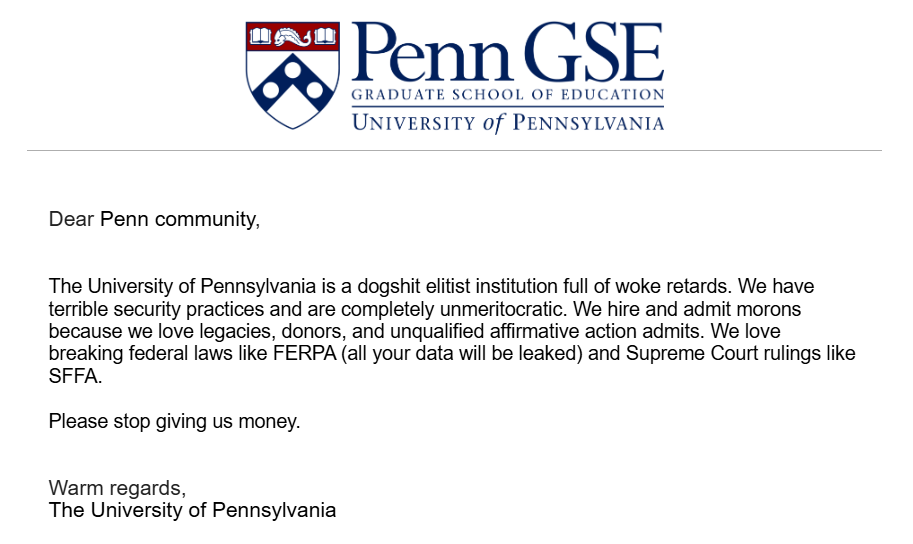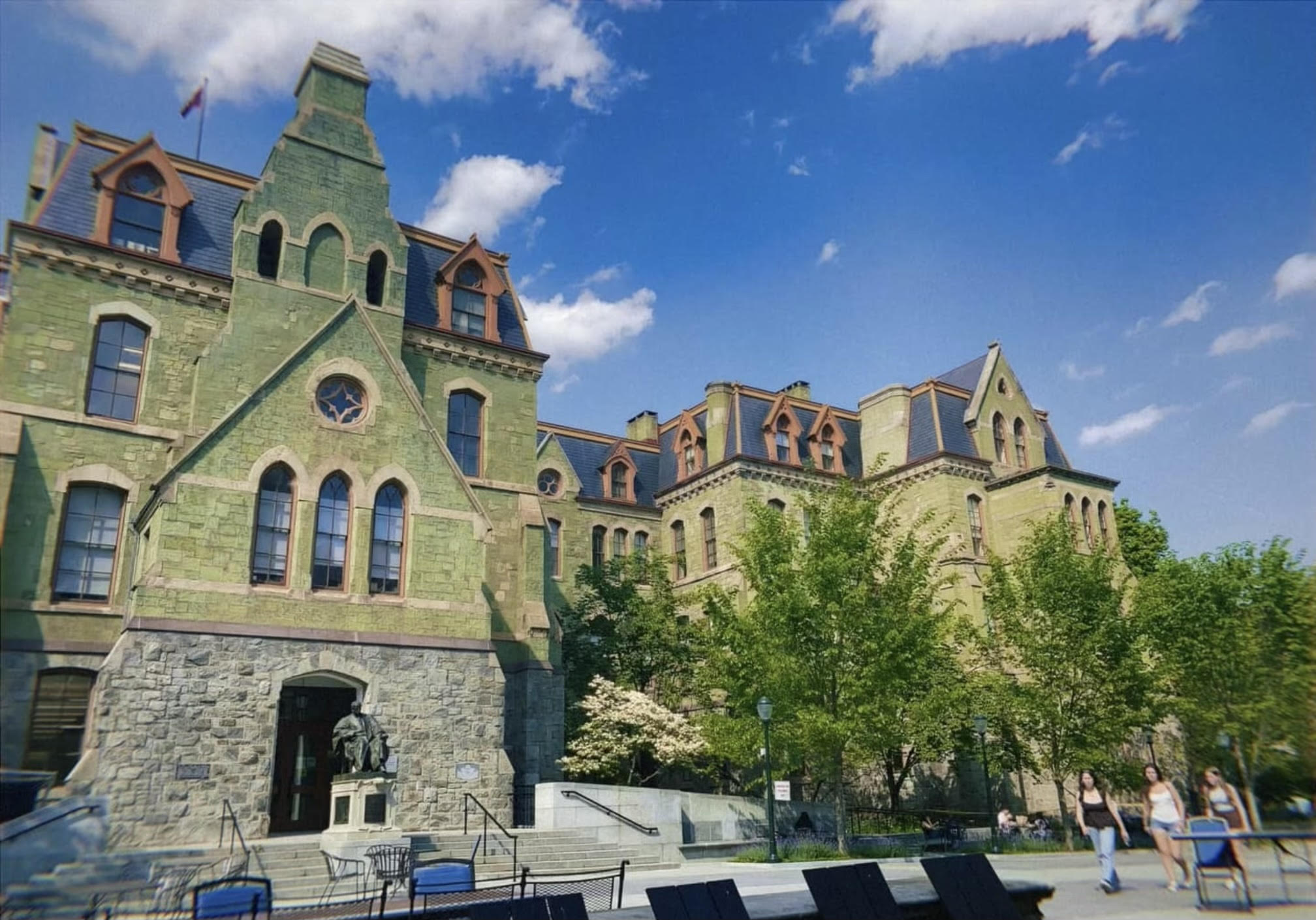Tricky timing, the Genovese Crime Family, and cryptocurrency
Photo Credit: Sarah Mester
By Sarah Mester
The December Sitting of the Supreme Court started on December 2, with four cases argued during the first week and another four during the second week. This edition of May it please the Court will cover the three cases of the last week of the November Sitting. If you want to know why Justice Gorsuch compared the federal government to a vampire running away from garlic, make sure to read to the end.
Case Summaries
Velazquez v. Garland (Arg: 11.12.2024) Oyez
About: Filing Timeliness
Question: If a noncitizen is asked to leave the country and their voluntary-departure period ends on a weekend or public holiday, is a motion to appeal filed the next business day (i.e. after they are supposed to leave) sufficient to avoid the penalties for failure to depart under 8 U.S.C. § 1229c(d)(1)?
Explanation: Velázquez filed a motion to reopen his case to apply for cancellation of removal, arguing that he had accrued 10 years of continuous presence in the U.S. The Board of Immigration Appeals (BIA) denied this motion, finding that Velázquez had not asserted “new facts” and that the motion was untimely, filed after the 60-day voluntary departure period. The Court is being asked whether a motion filed a day after the end of a departure period that fell on a weekend or holiday is considered late.
Delligatti v. U.S. (Arg: 11.12.2024) Oyez SCOTUS Blog
About: Categorical Approach
Question: Does a crime that requires proof of bodily injury or death (attempted murder), but that can be committed by not taking action (not actually murdering someone), is a “crime of violence” defined as involving the use, attempted use, or threatened use of physical force?
Explanation: Delligatti, a member of the Genovese Crime Family, had organized an unsuccessful plot to murder Joseph Bonelli. He paid another man to coordinate the murder and provided them with a gun and a car. He was subsequently charged with attempted murder in aid of racketeering and possession of a firearm in furtherance of a crime of violence—a charge that requires the attempted murder charge to be considered a “crime of violence”. The Court is being asked whether the attempted murder charge is considered a “crime of violence”.
NVIDIA Corp. v. E. Ohman J:or Fonder AB (Arg: 11.13.2024) Oyez SCOTUS Blog
About: Pleading Standards
Question: What is the proper pleading standard to bring a Private Securities Litigation Reform Act (PSLR) claim that relies on internal company documents?
Explanation: Pleading standards dictate how much detail a party must include in the initial filing of a lawsuit for that suit to be considered properly filed. The PSLR was enacted to prevent frivolous securities suits and requires plaintiffs to meet a heightened pleading standard, meaning plaintiffs must present a high standard of evidence for their claim to go forward. In this case, plaintiffs sued NVIDIA under PSLR, arguing that NVIDIA understated the number of crypto-related purchases in their revenue and therefore misled investors. Although they presented a variety of evidence to support their claim, NVIDIA argues that the claim can only be properly supported by the hard evidence of internal company documents. The Court is being asked what pleading standard plaintiffs must follow to bring this case.
Oral Argument Excerpts
If you were skeptical that an attempted murder charge is not a “crime of violence”, at least as a point of common sense, you were not alone. Kagan pointed out as much halfway through the argument for Delligatti v. U.S., commenting to the advocate for the respondents, Eric Feigin, “[y]ou started with one absurdity. We would say murder is not a crime of violence. That seems pretty absurd” (40:56). Gorsuch was similarly skeptical, commenting that “[e]very death involves physical force. And why wouldn’t it all be violent? Because it’s all extremely unpleasant.” (45:25). Gorsuch also could not help pointing out that the defendant of the case is a mob boss who ordered a hit job “like out of a movie” (46:50).
During the argument for Velazquez v. Garland, Alito had the following exchange with advocate for the petitioner Gerard Cedrone about whether anyone would realistically wait until the very end of their voluntary departure day to arrange to leave the country (22:11 edited for clarity):
Alito: “Do you seriously think that there are people in the position of your client who rely on this and say, well, this is really important for me to get out of the country or withdraw my — my acquiescence in voluntary departure within 60 days, but, wow, I read this, so I’ve got another two days? I mean, seriously?”
Cedrone: “Seriously. And let me make three points. So, first, there are plenty of immigration organizations that provide guidance to noncitizens about how deadlines apply. Secondly, that accords with –”
Alito: “I mean, if you were providing advice, would you say, okay, you know, you’ve got the extra two days? Would you?”
Cedrone: “I mean, if the government’s position is adopted in this case, certainly not, but I think, in the absence of that, everything points –”
Alito: “Well, with how, you know, the way things are –were at the time when –when this came into play, would you say, well, you’ve got the extra two days?”
I can sense the ghost of every college professor nodding along to Alito’s line of questioning as they similarly wonder why an hour before an assignment is due, they have a dozen students emailing them asking for an extension. Alito asked the question everyone was probably thinking when they read the summary for Velazquez v. Garland—a case that raised a perfectly legitimate legal question but nonetheless felt more than a little pedantic.
In Velazquez v. Garland, Gorsuch wondered why the government would argue against its own regulation by trying to alter the definition of “day” in some regulations, but not others (39:36):
“But your regulation is clear….[a]nd you’ve had this regulation for a very long time, and, normally, the government really likes its regulations. It used to come up here and say we have to defer to them. Now it comes up here and says we should give them great respect when they’re contemporaneous and long-standing, which checks both those boxes here, right? So you’re –you’re running from your regulations. I mean, it’s sort of like garlic in front of a vampire. You don’t want to have anything to do with them.”
Gorsuch wrote a passionate thirty page concurring opinion in Loper Bright Enterprises v. Raimondo, which overruled Chevron deference—a doctrine that required courts to defer to a federal agency’s reasonable interpretation of a statute. Regrettably, the opinion makes no mention of garlic or vampires.
Sarah Mester is a senior in the College studying Political Science and Classics from San Francisco, CA. She’s the Assistant News Editor for The Pennsylvania Post. Her email is smester@sas.upenn.edu.



